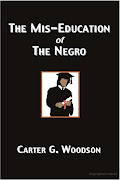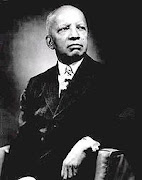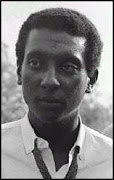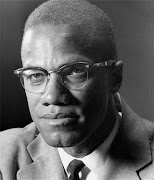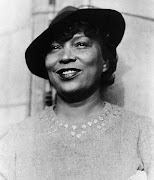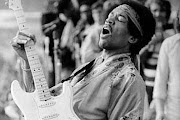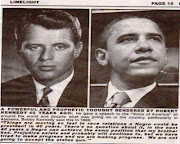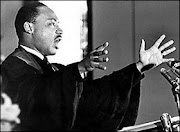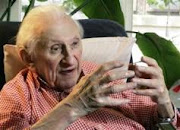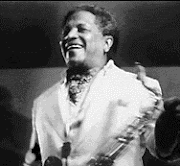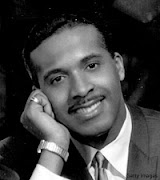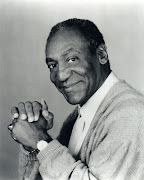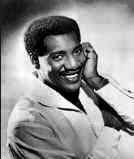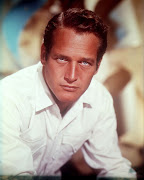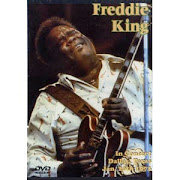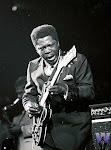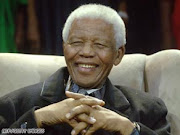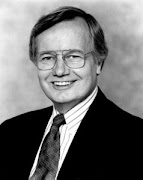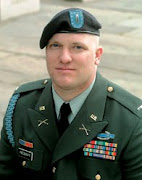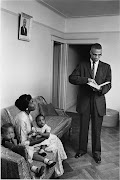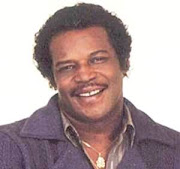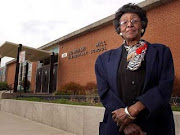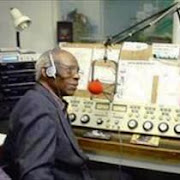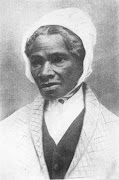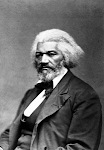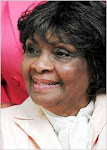Buck O  | | Buck O'Neil. Photo Credit: Buck O'Neil | 'Neil |
"I copied (Shoeless Joe) Jackson's style because I thought he was the greatest hitter I had ever seen, the greatest natural hitter I ever saw. He's the guy who made me a hitter."
- Hall of Famer Babe Ruth
"If Satch Paige and I were pitching on the same team, we would cinch the pennant by July fourth and go fishing until World Series time."
--Dizzy Dean, pitcher
Listen up. The Daddy was over at the African American Registry, a site that confirms what he has always known but failed to accept: he is an idiot. Today, they made me feel like an idiot again when they told a brotha that on this day, May 28th, 1962, John began managing the Chicago Cubs. The Daddy didn't know any of this.
And guess what? O'Neal was the first black American to coach in the major leagues. The The Registry says he stayed with the Cubs until 1988, signing Hall of Famers and Lou Brock to their first contracts.
This was a great step up for African Americans. Later, black players like Larry Doby and Frank Robinson would become coaches as well. But, from The Daddy's perspective, this was not O'Neil's major contribution.
To find that out we need to know just a little of O'Neil's history.
Background
O'Neil was a leading hitter and smooth-as-silk first baseman for the Kansas City Monarchs. Later he managed the team before moving on to become a scout for players for the majors for many years. And along the way, he came to know all the players and their families.
O'Neil led the Negro league in batting twice, hitting .345 in 1940 and .350 in 1946. He managed the Monarach, one of the league's top teams from 1948 to 1955. When needed, he played for them too.
O'Neil was hired by the Cubs as a part-time scout in 1953. He steered Ernie Banks, then the Monarchs' shortstop, to the Cubs. Hired as a full-time Cubs scout in 1955, he discovered not only Brock but also Lee Smith and Joe Carter. In May 1962, O'Neil became the first black man officially designated as a major league coach, but the Cubs used him purely in an instructional role.
Greatest contribution
O'Neil died at the age of 94, but he spent the last 10 years or more setting up this Hall of Fame and putting on strong footing before he died. He raised funds, painstakingly gathered the player's stories, their uniforms, their gloves and other items and put them on display so we get some sense of the Negro League and the proud players who hit and pitched in it. New York Times reporter Richard Bernstein put it this way:
O'Neil had been chairman of the Negro Leagues Baseball Museum in Kansas City, Mo., since its founding in 1997 and made scores of appearances to raise funds for it. He bore witness to the exploits of figures like Satchel Paige, Josh Gibson, Buck Leonard, Cool Papa Bell, Oscar Charleston and Ray Dandridge. All of those players were inducted into the Hall of Fame at Cooperstown belatedly, their prime seasons in the Negro leagues coming in the years before Jackie Robinson broke the modern major league color barrier."
The Daddy is in stark amazement at what brothas had to do to play baseball, this great they loved; and he's grateful to O'Neil for helping us to understand the Negro League and its time.
The Daddy also appreciates the fact that the Creator allowed O'Neil to live 94 years to tell the story of the Negro League and to help preserve its history. As Hall of Famer Brock put it:
''Buck is a man God chose for this time. He has seen it all. He saw a transformation of people, of society, of a country. Somebody's got to be around to tell that story. I think he has been preserved for that purpose.''
But to O'Neil, in the final analysis, it was all about the love of the game. ''I've seen men lose 50 years in just a few hours. Baseball is better than sex. It is better than music, although I do believe jazz comes in a close second. It does fill you up.''
Reference:
20th Century Baseball Chronicle
Year-By-Year History of major league Baseball
Copyright 1999, Publications International Ltd.
ISBN 0-7853-4074-2
Buck O'Neil Pioneer in Baseball, Negro League
Richard Goldstein, October 8, 2006

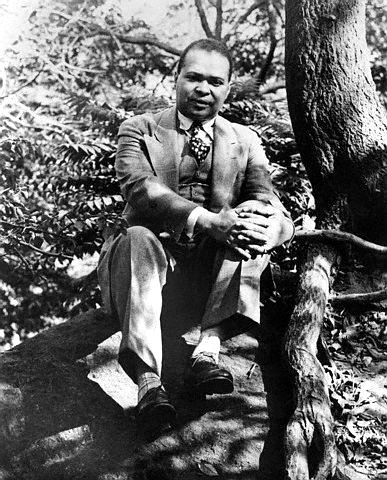























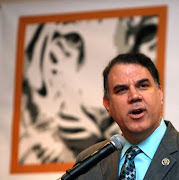
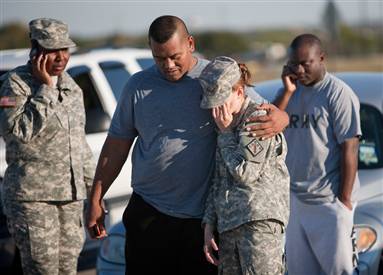













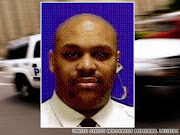










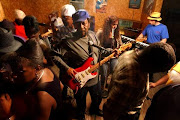











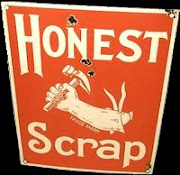





.gif)


